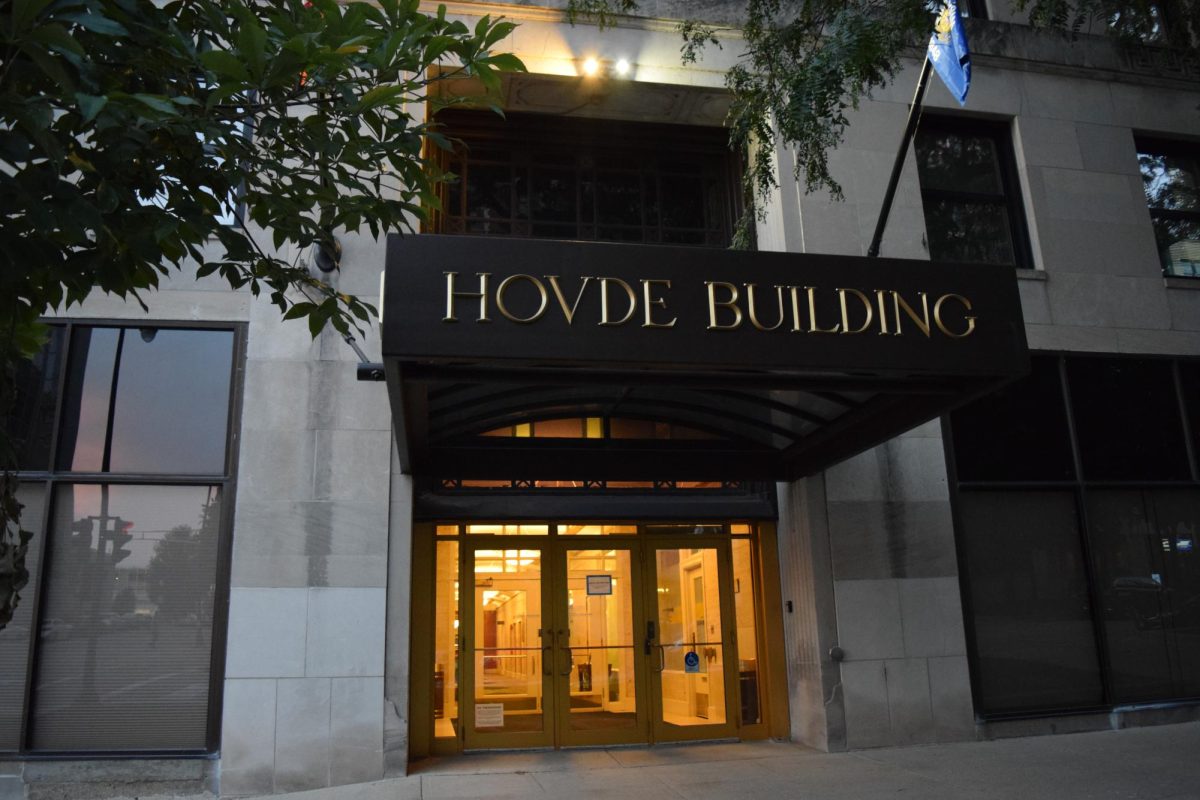The University of Wisconsin System Board of Regents has come under close scrutiny in recent weeks for considering allowing race as a factor in admissions decisions at all UW System schools.
Part of a “holistic” admissions policy that takes into account nonacademic factors like extracurricular activities or socio-economic status, race is already a factor in admissions decisions at UW-Madison. The regents hope to expand the practice to the other 25 UW System campuses, in part to increase diversity.
UW System officials also maintain an adequate predictor of collegiate success cannot rely only on a student’s high-school GPA, class rank and standardized test scores.
David Giroux, spokesperson for the UW System, compared such narrow criteria to Badgers football coach Bret Bielema recruiting a football player solely on his performance in the 40-yard dash.
“[Bielema] would need to look at the many different aspects of the individual,” Giroux said, “such as his blocking ability, his ability to catch and the many other aspects that make up a well-rounded football player.”
Garnering national attention, former University of California regent Ward Connerly visited Madison Dec. 19 and testified before a special legislative committee reviewing the use of race-based affirmative action at UW System schools. According to Connerly, who chairs the California-based American Civil Rights Institute, the use of race goes directly against the principles for which affirmative action was created.
“The original executive order was you treat people without regard to race,” Connerly said in a phone interview with The Badger Herald. “Now affirmative action is acting with regard to race in the interest of diversity; the two ideas are totally different.”
Connerly, who is black, said the university system should respect “individuals as individuals” without regard to race or ethnic background.
At the legislative committee’s Jan. 11 meeting, however, UW-Madison Chancellor John Wiley testified that no minority applicant has ever been accepted at the expense of a white student.
“There has never, ever been a student admitted because of the color of their skin,” Wiley said, according to The Associated Press. “It’s not the case where some student lost a seat to a lesser qualified applicant of any race.”
Wiley did not return a phone call seeking additional comment.
Mike Mikalsen, spokesperson for state Rep. Stephen Nass, R-Whitewater, said these nonacademic factors, if approved, would directly contradict state law — in addition to offending many individuals. Mikalsen also said the debate shouldn’t concentrate on ethnic background, but instead on the student’s ability to do well at his or her respective university.
“The bottom line shouldn’t be whether it’s a minority student or not,” Mikalsen said. “When you admit someone to college who’s not capable of success, you’re not helping the student body, and you’re certainly not helping the student.”
Although the use of affirmative action in America has been present since the 1960s, Connerly called it a dying cause and predicted the practice is now in its final hours.
“I think the current form of affirmative action, which is advantageous to people of color, is coming to a close,” Connerly said. “Universities are trying to keep it alive, but they’re just beating a dead horse. I think we’re witnessing the end of an era.”
Jennifer Knox, a UW-Madison student and member of the MultiCultural Student Coalition, said the revisions could be beneficial, but added she is hopeful the state will do more research before making any final decisions.
“Affirmative action is really about building our university and building an environment where everyone can succeed,” Knox said. “I think there needs to be more emphasis on whether or not we’re being effective at laying out the landscape for a diverse campus.”







